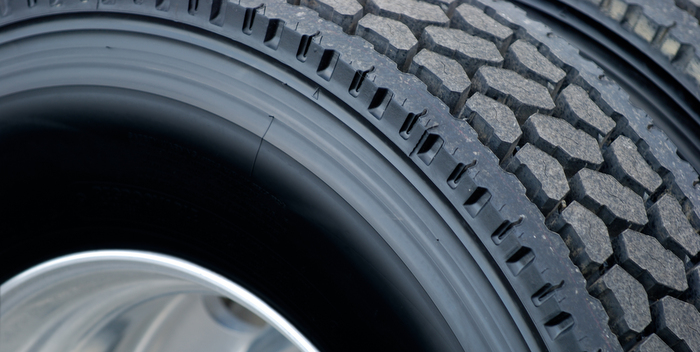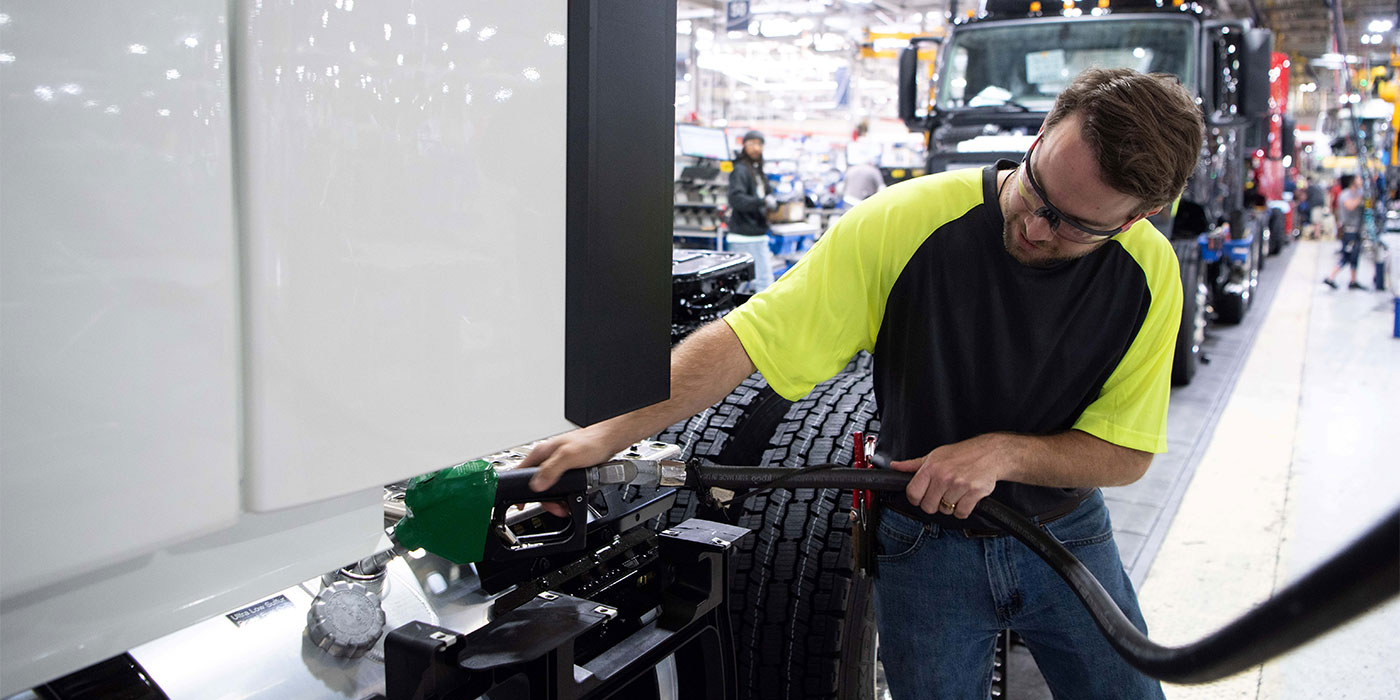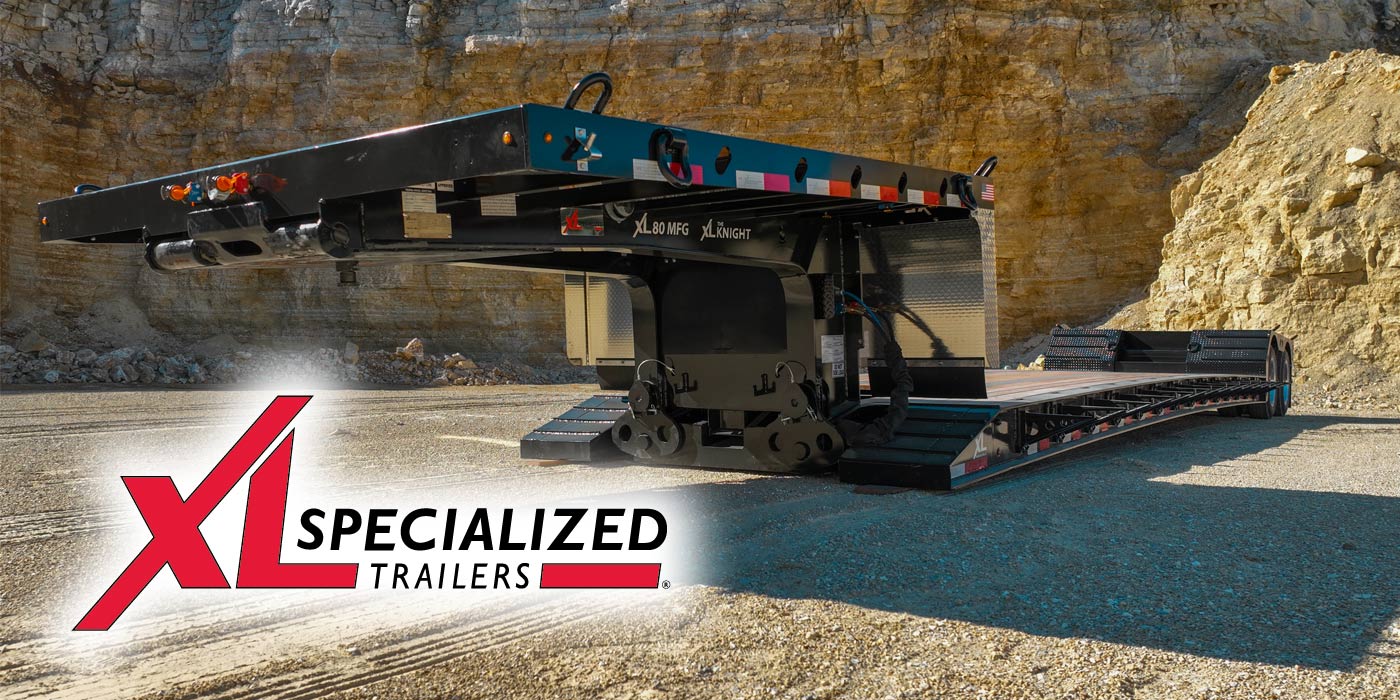You’ve heard the old saying: “The only constant is change.” That has certainly been typical of our industry. Witness trailer skirts, new lube oil formulations and DEF tanks, and, of course, escalating equipment costs for these new complexities. Every so often, it’s refreshing to see an innovation that has a realistic promise of a quick and generous investment payback. This appears to be the case with a new type of trailer axle suspension that includes provisions for regenerative braking and energy storage.
Regenerative braking isn’t entirely new. It has been used in Europe for years and is now being developed for heavy-duty trucks in frequent stop-start service—the best example being dedicated waste haul vehicles. Many of these systems compress air or hydraulic fluid using energy that would normally be dissipated to the atmosphere as heat when braking. The compressed fluid energy then is released through a mechanical device that gives the truck a starting assist to accelerate into the next start-stop cycle. While effective for certain duty-cycles, this type of system is expensive, adds considerable weight and tends to be maintenance-intensive.
Advantages, on the other hand, are increased brake life and reduced brake/wheel end heat issues typical of the waste haul industry. These, however, are not significant issues demanding attention in line haul trailer service. Further, any added tare weight and maintenance requirements are viewed negatively in the linehaul segment, as they affect fuel economy and overall operating costs.
Looking for even more in-depth info from Asa Sharp? Click here to read through his archives.
The goal would be to develop a regenerative braking system for line haul that primarily saves fuel with a minimum of added weight, and to have negligible maintenance requirements. This has been challenging because the energy storage has required a heavy battery. However, battery size and weight reduction has progressed, and the payback equation for over-the-road trucks is becoming more attractive. One innovative effort goes a step further by using the battery pack to power not only a basic acceleration assist, but also in-cab HVAC systems. This eliminates the necessity of idling or APU use when parked during driver-off hours for additional fuel, saving. Additionally, the entire module can be configured to supplant some of the add-on aerodynamic fairing currently being fitted. (If you want to know more about the progress of these efforts, www.hyliion.com describes this multi-function approach.)
Using trailer tires and brakes to generate stored energy makes sense for several reasons. Unlike passenger cars, which generate the vast majority of their braking effort from the front axle, tractor-trailer combinations use the drive and trail axle brakes for this majority effort. This keeps the combination vehicle traveling straight (versus tending to jackknife) and the trailer brakes are typically applied earliest with the drive and steer axle brakes following later. Also, since the drive axles are already complex and heavier due to their torque transfer duties, trailer fitments will be less challenging. Another consideration is that trailer suspension systems are more standardized and will be easier to retrofit with energy storage modules than the wider variety of tractor systems.
Regardless of the engineering involved, one inescapable fact of regenerative braking systems is that the tires will see different duty cycles than at present. Current free-rolling tires have shallow tread depths, approximately the same as many passenger car tires in search of low rolling resistance and resistance to irregular wear. Couple these changes with the increased loads (up to 91,000 lbs.) being considered under the “Safe, Flexible, and Efficient Trucking Act” at the federal level, and we are likely to see a new generation of trailer tires. Whether they will gravitate to deeper treads, new rubber compounds or accelerate/decelerate the switch from duals to singles isn’t yet clear, but at least some tire design engineers are agreed that changes will be coming.














